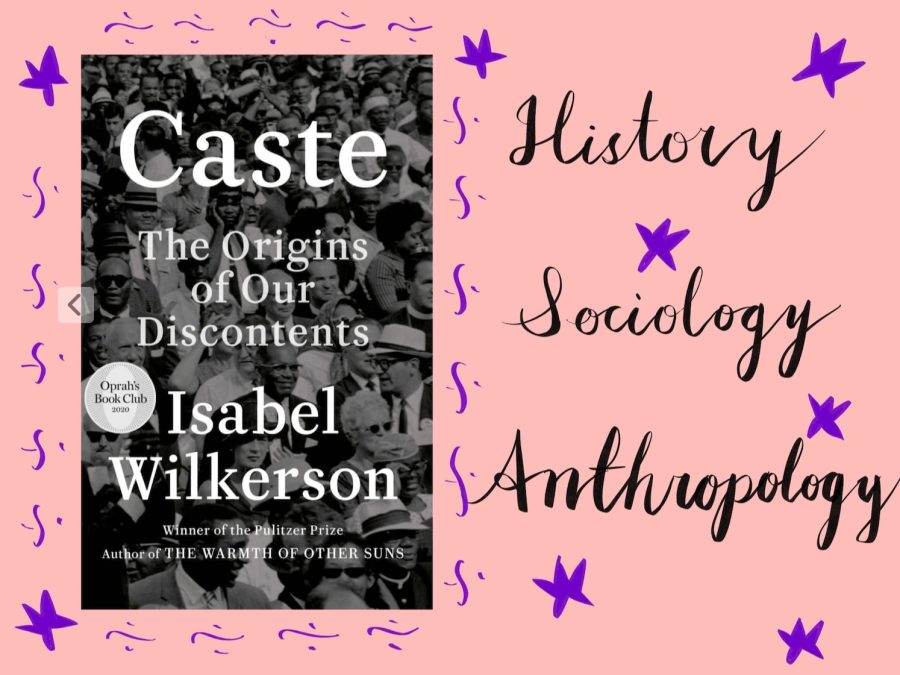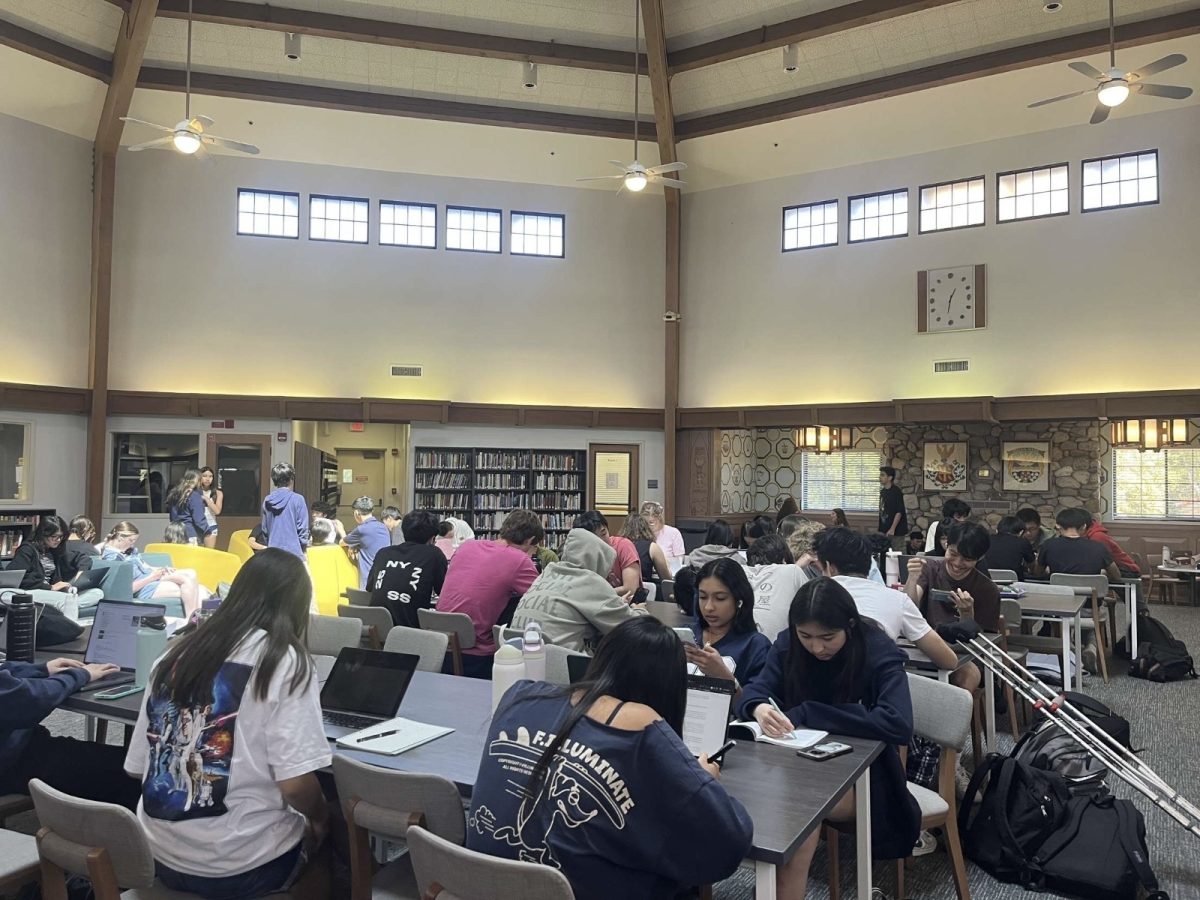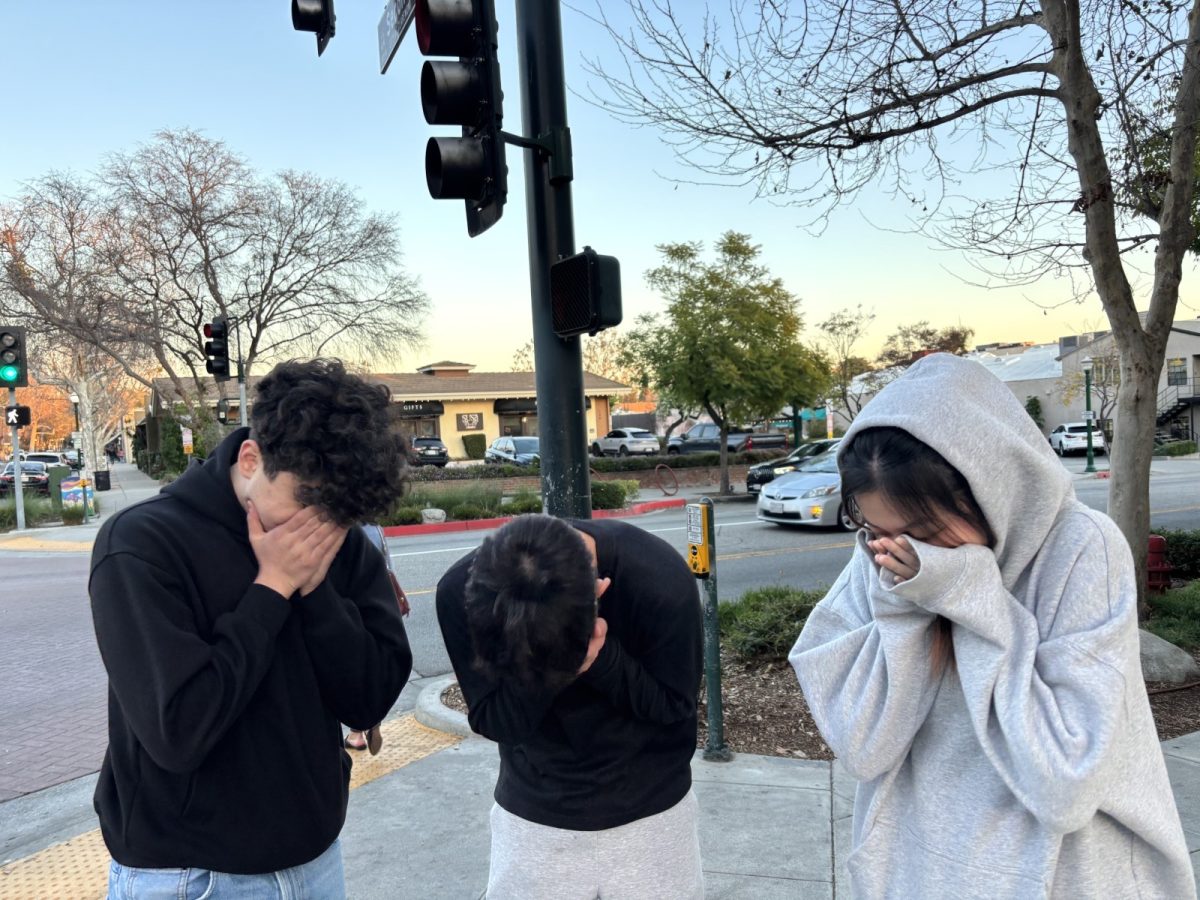“Throughout human history, three caste systems have stood out. The tragically accelerated, chilling, and officially vanquished caste system of Nazi Germany. The lingering, millennia-long caste system of India. And the shape-shifting, unspoken, race-based caste pyramid in the United States.” –Isabel Wilkerson
Caste: The Origins of Our Discontents by Isabel Wilkerson is a culmination of all the disciplines I hold dear—anthropology, sociology, political science, psychology, and history. Her brilliant literary talents combined with thorough research create a compelling argument of the deeply rooted caste system in the U.S., one established at the founding of our nation, that still unconsciously haunts our society today.
Her extraordinary ability to draw parallels between three marginalized groups—African Americans in the U.S., Dalits in India, and Jews in World War II Germany—profoundly changed my worldview.
In addition to the impressive research, what makes this book attractive is the author’s closeness to and deep affection for the subjects she is writing about. Her illuminating story-telling technique humanizes each individual’s narrative and allows the reader to immerse themselves in their struggles, pains, and despair.
Just like The New Yorker said, “What Wilkerson urges…isn’t argument at all; it’s compassion. Hush, and listen.” She brings emotional and psychological depth to the stories, causing readers to develop an intimacy with each of the characters and consequently rage at the atrocities inflicted upon them.
Before reading this book, I had never associated caste with anything aside from the predominantly Hindu country of India. The use of religion to effectively and thoroughly stratify a region over such long periods intrigued me, but it never crossed my mind that the experiences of the Untouchables was in any way connected to the sufferings of African Americans on Southern soil, or the Jewish population during the Third Reich.
I was shocked to see the legendary Martin Luther King Jr. self-identify as an Untouchable and proclaim that “every negro that lives on American soil is an untouchable like the Dalits in India.”
Wilkerson’s heartfelt experience of forming camaraderie with the Dalits further proved a shared anguish between two radically different groups across the sea—both exploited by the dominant class and subjected to long periods of dehumanization, oppression, and injustice.
To systematically examine the caste system, Wilkerson excavated the eight pillars of caste: divine will, heritability, endogamy, purity vs. pollution, occupational hierarchy, dehumanization, terror as enforcement, and inherent superiority vs. inferiority.
Of these pillars, I was most touched by the concepts of divine will and dehumanization. I had long been bothered by how religion is used as a means of social control and used to justify appalling acts. During American slavery, plantation owners repeatedly quoted scripture passages to the slaves, reminding them of their ‘inherent inferiority’, even fabricating the narrative that all Black people are descendants of Cain, and therefore deserved punishments in God’s eyes.
Similarly, the rigid caste system in India is driven by the Hindu religion; the highest caste, Brahmin, retain the same status as gods, whereas the Dalits, or Untouchables, are too lowly even to be seen. This stark contrast is supported by the concept of reincarnation: one is only born a Dalit if they committed severe evil in their previous life, and therefore must repay their sins through harsh labor.
Part of why religion is so effective in these circumstances is that it establishes a narrative that no one dares to dispute. When this mindset is perpetuated across generations through discriminatory laws and segregating social conventions, it is no longer a story. It becomes a fact, the widely accepted truth, that affects how every aspect of our society operates.
Wilkerson writes, “To dehumanize another human being is not merely to declare that someone is not human, and it does not happen by accident. It is a process, a programming.” Not surprisingly, it takes insurmountable energy and reinforcement to deny another individual their humanity. To avoid sacrificing conscience, a single stigmatizing trait is amplified and cast over an entire group, thereby making them more susceptible to large-scale exploitation.
Perhaps one of Wilkerson’s most genius arguments is on the way caste significantly shifts immigrant experiences. She states that Whiteness and Blackness are both social constructs specific to America. There are no White people in Europe. They are Norwegian, German, Irish and Swiss. Similarly, there are no Black people in Africa. She writes, “They are Igbo and Yoruba, Ewe, Akan, Ndebele.”
Why do these individuals, each with their own vibrant and unique ethnic identities, become White or Black once they immigrate to the U.S.? Isabel Wilkerson points out that the caste system in America is consuming and all-encompassing: newcomers must quickly find their place and thus avoid landing at the bottom rung of the social ladder.
The stark racial lines in this country force immigrants to assimilate into these artificial constructs, often at the cost of their cultural heritage. “Hostility toward the lowest caste became part of the initiation rite into citizenship in America.” In other words, immigrants will do anything to distance themselves from Black people to prevent from suffering the same discrimination.
When I read about Hitler taking inspiration from American slavery and implementing similar measures that eventually led to the Holocaust, my values were shaken to its core. How can the U.S., the leader of the free world, a beacon for democracy, and champion of individual rights, galvanize the most appalling massacre known to the history of mankind?
I cannot comprehend this blatant hypocrisy. Even Hitler “marveled at the American ‘knack for maintaining an air of robust innocence in the wake of mass death’.”
Heartbreakingly, the Nazis observed the American custom of lynching members of its subordinate caste of African Americans, and “having become aware of the ritual torture and mutilations that typically accompanied them”, strived to target Jews in the same way.
Germany’s post-war response, however, is a prime example of how an oppressor country ought to repent of its sins. They did not glide over this nightmarish part of their nation’s history. Instead, they sought to take measures that will actively remind them of the horrific past. Germany incorporated the entire WWII history in their school curriculums, so German children would learn of what happened and be cautious of never repeating the same mistake again.
In stark contrast, the confederate side remains the most popular during Civil War reenactments, and White supremacists continue to openly discriminate against people without facing any dire consequences. Germany’s solemn attitude should serve as a reminder for the US—of how far we still must go.
Lastly, Wilkerson quoted Taylor Branch in the book, “If people were given the choice between democracy and whiteness, how many would choose whiteness?”
This thought-provoking question drives us to reflect on the extent of racial dynamics that are politicized in the U.S. It is bone-chilling to think that people would rather compromise the very heart of their country’s founding ideals—freedom and individual rights—to uphold the unwavering position of the dominant caste.
And to quote Wilkerson’s analysis, “Caste is insidious and therefore powerful because it is not hatred, it is not necessarily personal. It is the worn grooves of comforting routines and unthinking expectations, patterns of a social order that have been in place for so long that it looks like the natural order of things.”
Wilkerson’s powerful insight serves as a testament of the ongoing impact of caste systems within our society. She seamlessly bridged the historical and the personal through her poignant storytelling powers, and the struggles she presents should sound an alarm for all of us.















